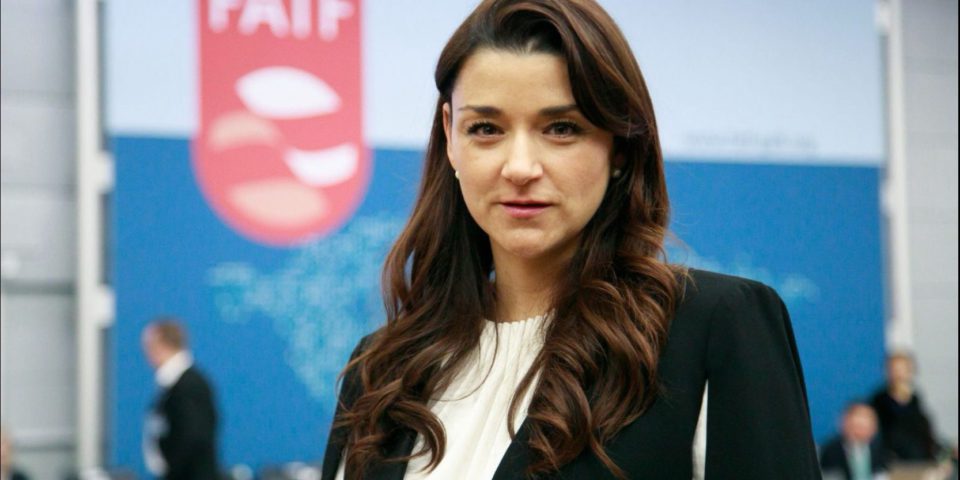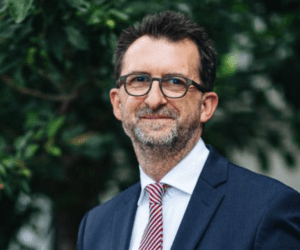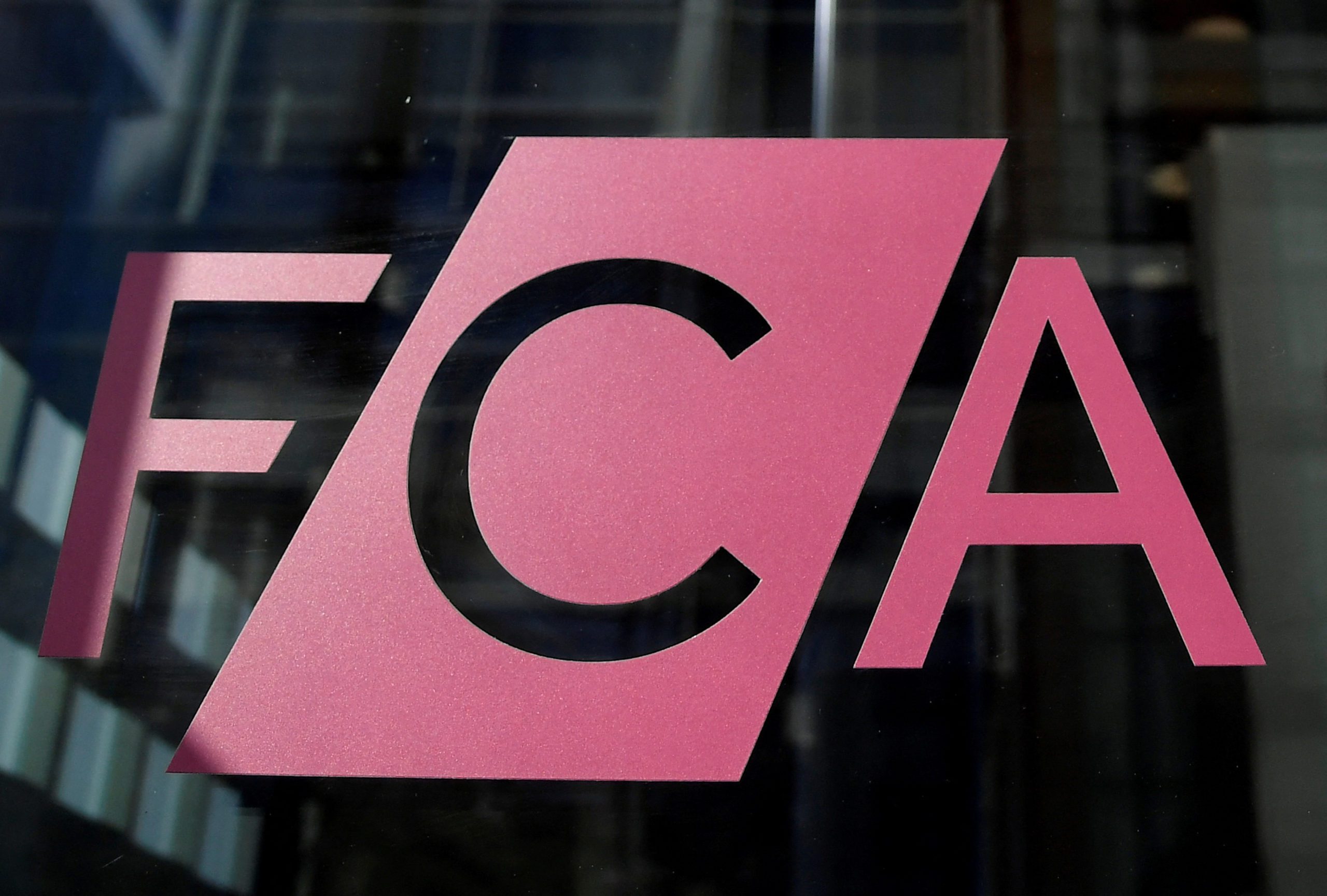By PAUL O’DONOGHUE, Senior Correspondent
THE Financial Action Task Force (FATF) has said stronger public-private partnerships are needed to combat financial crime.
Speaking at the 2025 FATF Private Sector Collaborative Forum in Mumbai, FATF President Elisa de Anda Madrazo said the private sector has a key role in tackling money laundering and terrorist financing.
“Without the private sector, the FATF mandate to tackle money laundering and the financing of terrorism and proliferation could not be achieved,” she said.
“The private sector is at the forefront of the fight against financial crimes. In this fight, public authorities and the private sector play on the same team.”
The three-day forum, hosted by the Reserve Bank of India (RBI) and the Ministry of Finance, brings together over 200 participants. Attendees include representatives from banks, fintech firms, legal professionals, and civil society. Discussions focus on global anti-money laundering (AML) and counter-terrorism financing (CFT) trends.
Payment Transparency and Cross-Border Transactions
The first day of the forum focused on payment transparency. A key topic was the FATF’s public consultation on proposed changes to Recommendation 16. These aim to improve cross-border payments by making them faster, cheaper, and more inclusive while keeping them secure. Stakeholders can submit comments until 18 April 2025.
Discussions also covered the balance between payment transparency, data protection, and privacy. Public and private sector representatives explored ways to strengthen cooperation while maintaining compliance.
Financial Inclusion and Risk-Based Approaches
The second day addresses the application of risk-based approaches in financial crime compliance. FATF recently updated its standards to allow simplified due diligence in low-risk situations.
These changes resulted from consultations with over 140 stakeholders, including banks, payment providers, insurers, academics, accountants, and non-profits. Discussions focus on challenges in implementing risk-based measures and how digital tools can improve compliance. A consultation on new guidance remains open until 4 April 2025.
Emerging Risks and Future Challenges
The final day of the forum is dedicated to emerging risks in AML and CFT. Experts from both sectors will assess evolving threats and discuss ways to stay ahead of financial crime trends.
RBI Governor Shri Sanjay Malhotra highlighted the broader goals of these discussions. “Together, let us continue to collaborate and innovate in building a financial ecosystem that is not only safe and secure but also fast, convenient, accessible, and affordable,” he said.
“Let us build financial systems that not only thwart the attempts of money laundering, terror financing, and proliferation financing but also support financial inclusion, encourage innovation, and facilitate economic growth.”








